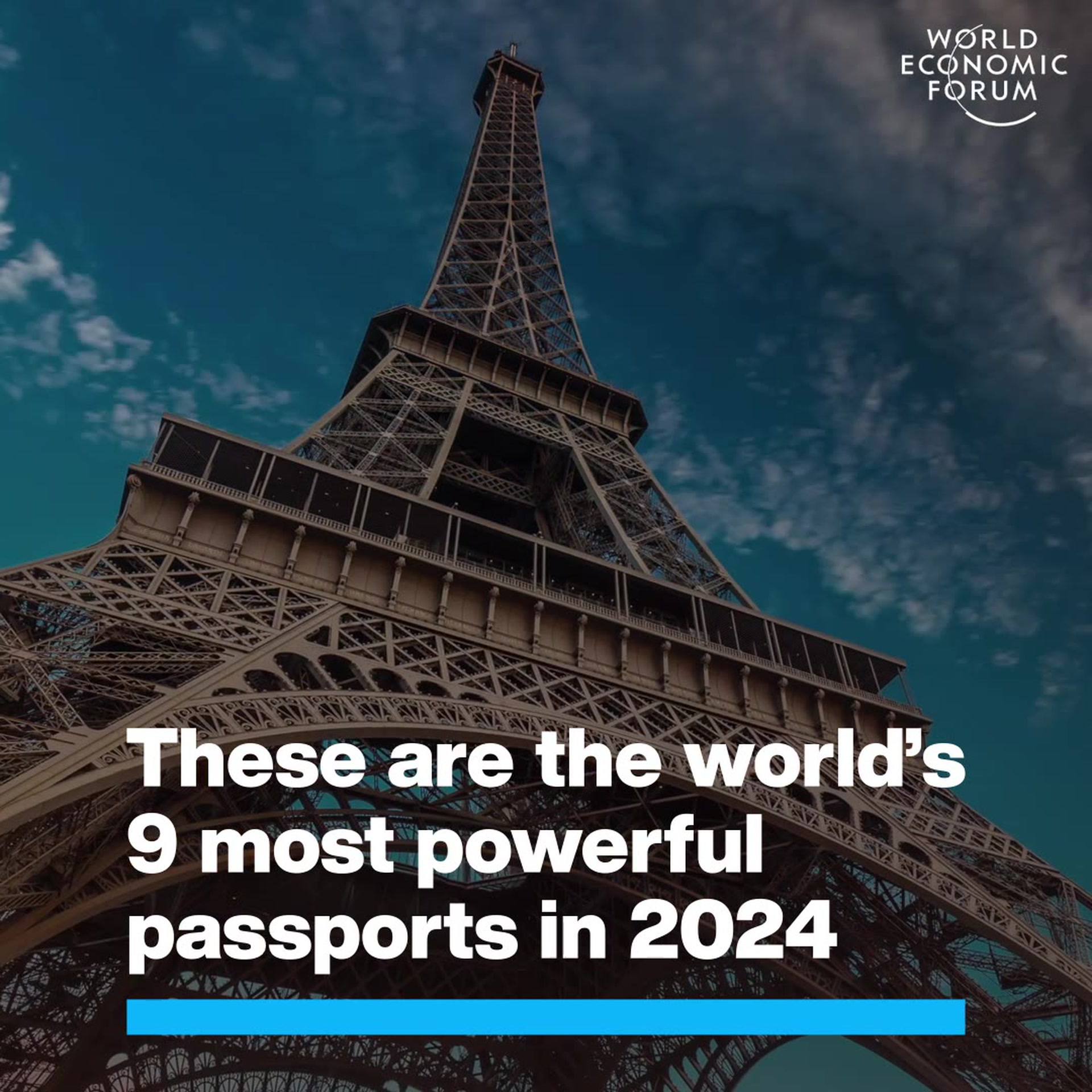We know contact with nature makes you feel better. Can virtual contact do the same?

Interaction with nature improves our mood. Image: REUTERS/Bogdan Cristel
Navjot Bhullar
Associate Professor - Faculty of Medicine and Health; School of Psychology, University of New England
Get involved with our crowdsourced digital platform to deliver impact at scale
Stay up to date:
Travel and Tourism
You might have noticed that being in nature can improve your mood. Whether it’s walking in a beautiful rainforest, swimming in the ocean or a moment of wonder at the plants and animals around you, nature offers a respite from daily routines and demands.
In 1984, the sociobiologist Edward O. Wilson described this innate desire to connect with natural environments – and the positive experiences we derive from this connection – as the “biophilia hypothesis”:
"Biophilia, if it exists, and I believe it exists, is the innately emotional affiliation of human beings to other living organisms."
There is evidence to back up the link between exposure to natural settings and better psychological well-being.
And my own research suggests that virtual exposure to nature via film (videos) or virtual reality can mimic this effect.
Why being in nature makes us feel better
Studies on the psychological benefits of exposure to nature show spending time in natural settings can result in:
- reductions instress, as measured by cortisol levels
- reductions in anger and fatigue
- increases in happiness
- reductions in symptoms of attention-deficit and hyperactivity disorder (ADHD) in children
- fewer symptoms of depression in adulthood.
Two major theories help us understand how exposure to nature increases mood and psychological well-being.
First, Attention Restoration Theory is the idea that natural environments restore attention. We can only focus our attention for a certain period of time before feeling mentally fatigued. A short break in natural environments helps restore it.
This sense of “restorativeness” improves our sense of well-being, and breaks the routine of our every day life. Restorativeness explains some of the association between nature experience and psychological well-being.
Then there is Stress Reduction Theory. This suggests that natural environments promote recovery from stress, which is different from attention fatigue.
Non-threatening, natural environments would have increased the chances of survival for our ancestors because they provided opportunities for reproduction, food and shelter. As a result, we’ve evolved to respond positively to such settings.
Emotional responses to aesthetically pleasing stimuli, such as green spaces, also tend to decrease physiological arousal, thus making us feel relaxed.
Virtual contact with nature mimics this effect
In a meta-analysis of 32 studies, researchers compared the effects of exposure to both natural and urban environments. Results showed that exposure to natural environments showed a moderate association with higher positive mood.
This exposure doesn’t have to take place in-person. Research I conducted with my colleagues at the University of New England’s Applied Psychology Lab showed that while people got the most psychological benefit from physical exposure to nature, exposure to simulated natural environments – such as film or virtual reality – had a comparable effect.
One study showed that taking part in a virtual reality experience of a natural environment resulted in higher levels of positive affect and greater attention restoration compared to a virtual reality experience of an urban environment.
Psychological benefits seem to be dependent on the type of nature experience. Another study found that a virtual experience of wild nature (defined as natural settings, such as wilderness with little human interference) improved positive mood. By contrast, a virtual experience of urban nature (such as parks in urbanised areas) exerted its beneficial effect by reducing negative mood.
The studies also showed that simulated natural environments providing realistic representations of nature, such as interactive virtual reality, resulted in greater psychological benefits than less immersive mediums such as photographs of natural settings.
Increasing our daily contact with nature
In a modern world increasingly characterised by built environments, it’s not always possible to spend time in nature every day. Promoting exposure to virtual natural environments seems like an effective way of improving psychological well-being.
Simulated representations of nature can help improve urban and indoor environments where access to nature is limited, such as hospitals, urban offices, apartments, and inner city schools.
That might mean displaying photographs and moving videos of natural colours and patterns, installing living green walls, or placing potted plants in areas people move through everyday.
Don't miss any update on this topic
Create a free account and access your personalized content collection with our latest publications and analyses.
License and Republishing
World Economic Forum articles may be republished in accordance with the Creative Commons Attribution-NonCommercial-NoDerivatives 4.0 International Public License, and in accordance with our Terms of Use.
The views expressed in this article are those of the author alone and not the World Economic Forum.
The Agenda Weekly
A weekly update of the most important issues driving the global agenda
You can unsubscribe at any time using the link in our emails. For more details, review our privacy policy.
More on Travel and TourismSee all
Naoko Tochibayashi and Naoko Kutty
March 28, 2024
Abeer Al Akel and Maimunah Mohd Sharif
February 15, 2024
Priya Singh
February 8, 2024
Thea de Gallier
January 31, 2024







